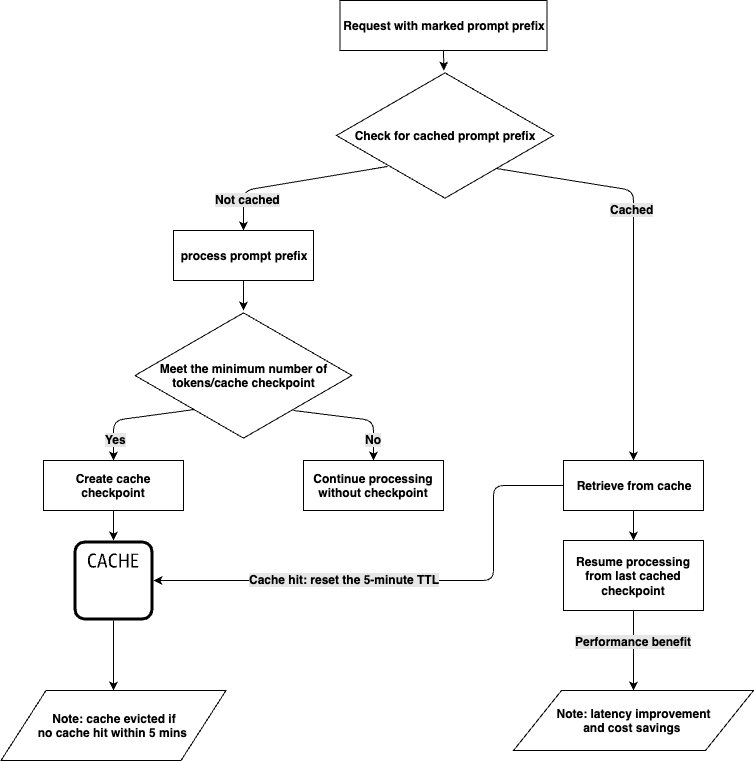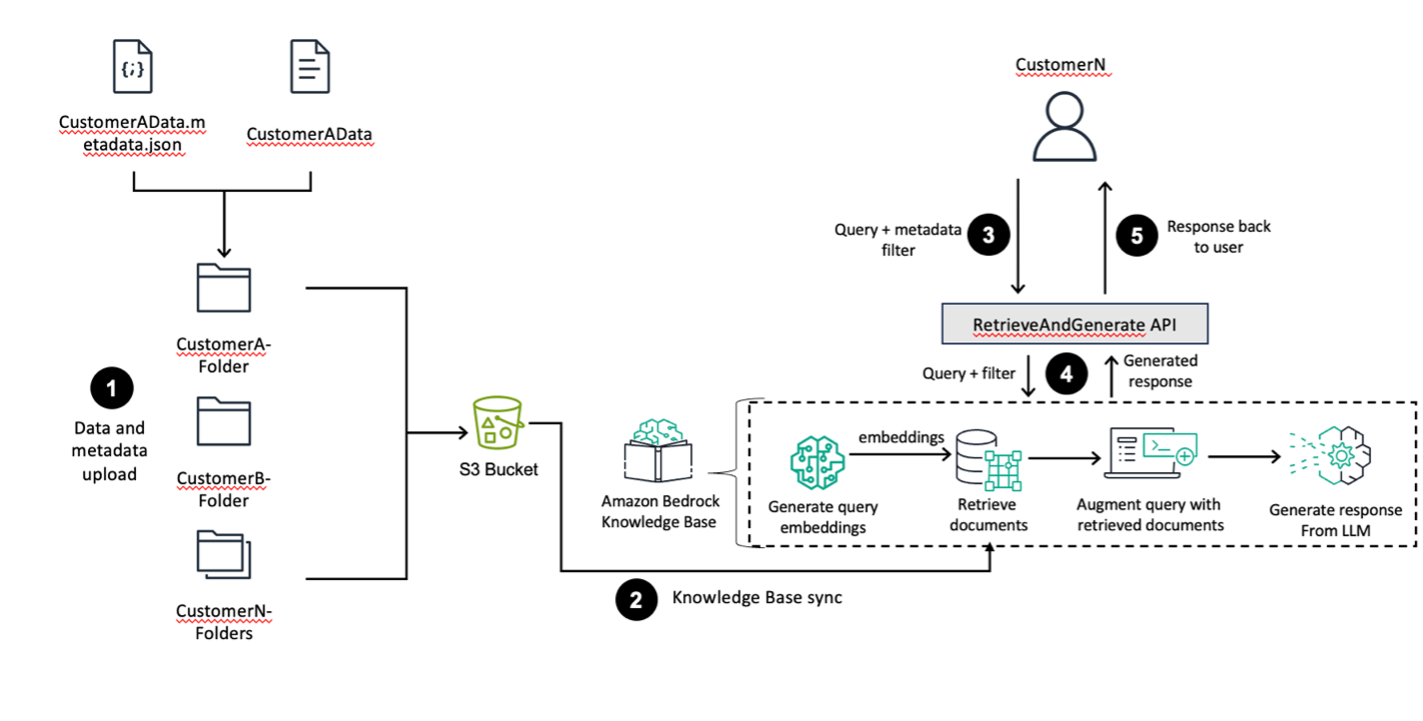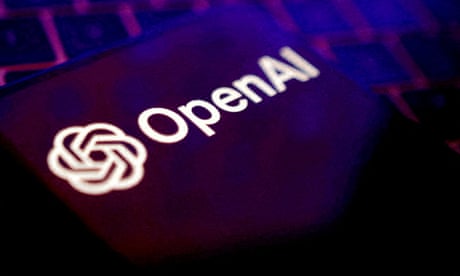Amazon Bedrock now offers prompt caching with Anthropic’s Claude 3.5 Haiku and Claude 3.7 Sonnet models, reducing latency by up to 85% and costs by 90%. Mark specific portions of prompts to be cached, optimizing input token processing and maximizing cost savings.
Amazon Bedrock offers high-performing foundation models and end-to-end RAG workflows for creating accurate generative AI applications. Utilize S3 folder structures and metadata filtering for efficient data segmentation within a single knowledge base, ensuring proper access controls across different business units.
Evolutionary optimization training for Kernel Ridge Regression shows promise but caps at 90-93% accuracy due to scalability issues. Traditional matrix inverse technique outperforms in accuracy and speed.
NVIDIA highlights physical AI advancements during National Robotics Week, showcasing technologies shaping intelligent machines across industries. IEEE honors NVIDIA researchers for groundbreaking work in scalable robot learning, real-world reinforcement learning, and embodied AI.
Automated Valuation Models (AVMs) use AI to predict home values, but uncertainty can lead to costly mistakes. AVMU quantifies prediction reliability, aiding smarter decisions in real estate purchases.
Meta's new AI circle on WhatsApp sparks fear and fury among users, raising concerns about privacy and surveillance in the metaverse. Users question if they are unwittingly trading their data for convenience, highlighting the importance of reading terms and conditions.
Authors criticize Meta for using their work to train AI, but isn't creativity built on past ideas? Examples like McEwan and Orwell show how artists have always drawn inspiration from others. The publishing industry is accused of producing copycat books that mimic successful trends.
US copyright cases against OpenAI and Microsoft, involving authors like Ta-Nehisi Coates and John Grisham, consolidated in New York for efficiency. Centralization aims to streamline proceedings and avoid inconsistent rulings, despite opposition from authors and news outlets.
Radiologists' language can mislead - new MIT study shows overconfidence when using terms like "very likely" vs "possibly." Framework developed to improve radiologists' accuracy in reporting pathologies, benefiting patient care.
Large language models (LLMs) can be fine-tuned using reinforcement learning from human feedback to align with user preferences. This method, known as superalignment, allows LLMs to adjust parameters directly to preference datasets, bypassing the need for human annotation services.
Businesses are migrating from OpenAI to Amazon Nova for cost-efficient AI models with broader capabilities. Amazon Nova offers various models like Pro, Lite, and Micro, each optimized for different applications with lower costs and higher efficiency.
Lumi, an Australian fintech lender, uses Amazon SageMaker AI to provide fast loan decisions with accurate credit assessments. They combine machine learning with human judgment for efficient and accurate risk management.
AI diagnostic tool delayed; Nice slow to evaluate. Govt rhetoric vs reality highlighted. Bowel cancer screening extended.
Amazon Bedrock Evaluations now offers general availability of LLM-as-a-judge and RAG evaluation features, with new BYOI capabilities for external RAG systems. New citation metrics provide deeper insights into RAG system accuracy and relevance, optimizing AI performance and quality.
Reddit's $60M deal with Google to use user data for AI training raises privacy concerns. Vana offers a decentralized network where users own and control their data, reshaping AI development.















